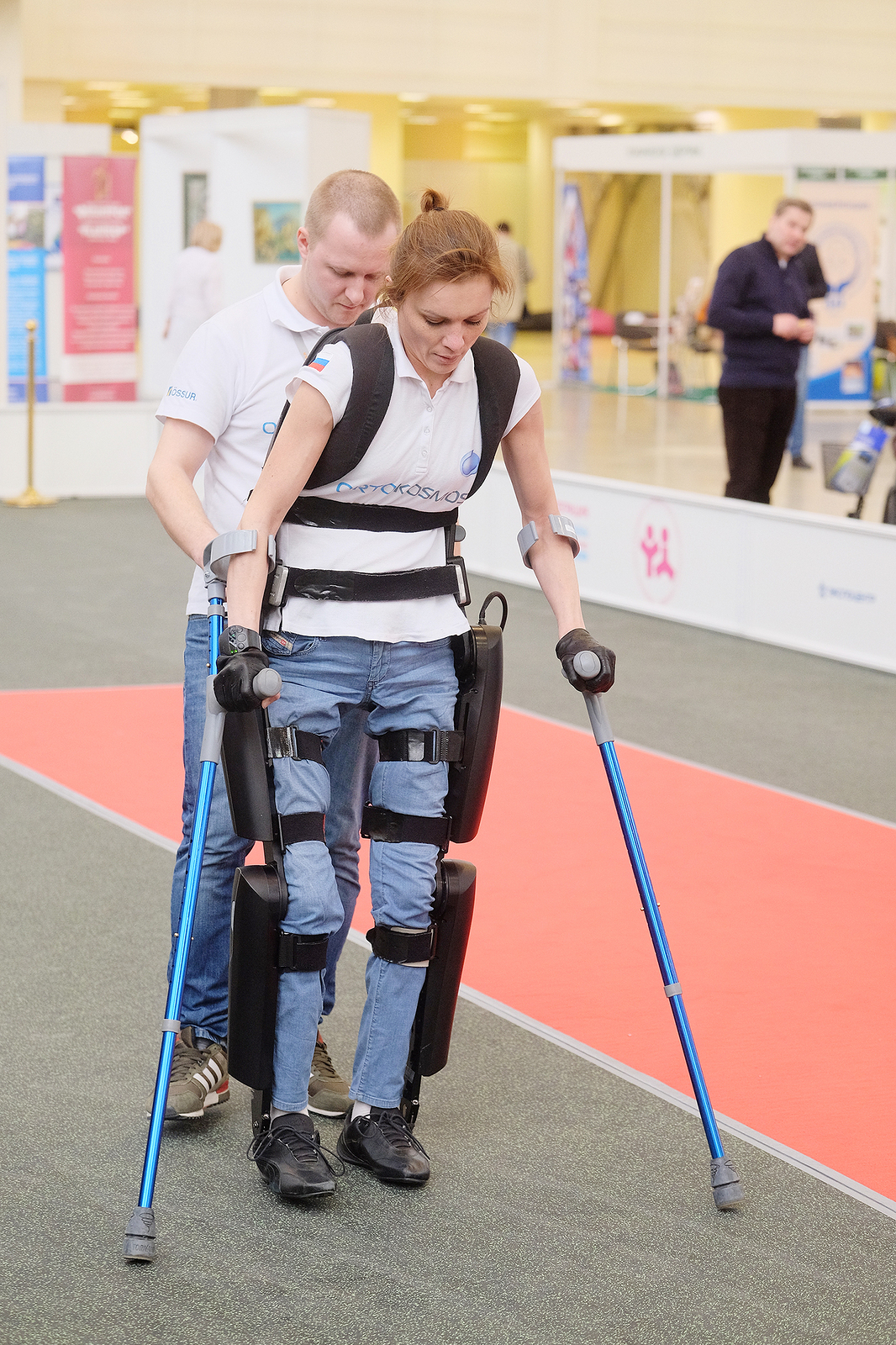
Stroke is a leading cause of long-term disability, and rehabilitation, involving repetitive, high intensity, task-specific exercises, is the pathway to restoring motor skills. Robotic assistive devices are increasingly being used and it is hoped that with robotic devices, rehabilitation progress can be achieved for patients. The aim of this study was to examine the effectiveness of robotic devices in the rehabilitation of stroke patients for upper limb mobility, lower limb mobility, and activities of daily living. The sustainability of treatment effect was also examined.
Fifty-one studies with 1798 patients were included in this review. Thirty studies examined upper limb interventions and 21 studies evaluated lower limb gait training. Non-significant results were found for upper limb (SMD 0.07, 95% CI -0.11 to 0.26, I = 41%, P = 0.45), lower limb (SMD 0.17, 95% CI -0.15 to 0.48, I = 75%, P = 0.31) and activities of daily living (SMD 0.11, 95% CI -0.11 to 0.33, I = 66%, P = 0.32). For patients with severely impaired lower limbs, a significant difference was observed in favor of robotics (SMD 0.41, 95% CI 0.19 to 0.63, I = 28%, P = 0.0003). P-value analysis did not show significant results for the sustainability of treatment effect post intervention.
Robotic training is just as effective as conventional training for upper limb motor movement, lower limb walking mobility and for activities of daily living. For lower limb patients with severe impairment, robotic training produces better outcomes than conventional training. The sufficient quantity of studies included and the reasonable quality of Grading of Recommendations Assessment, Development and Evaluation (GRADE) evidence support the findings. For treatment sustainability of upper and lower limbs, robotic training is just as effective as conventional training. However, the low quality of GRADE evidence and the lower number of studies included require caution for this finding. For treatment sustainability of activities of daily living, the better quality of GRADE evidence and the larger number of studies analyzed indicate that robotic training is just as effective as conventional training.
No comments:
Post a Comment